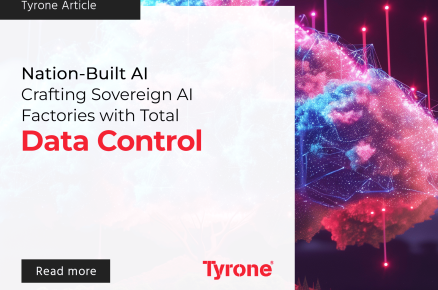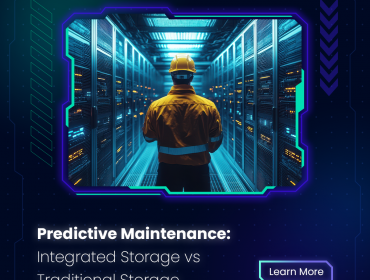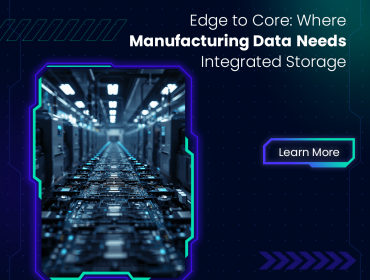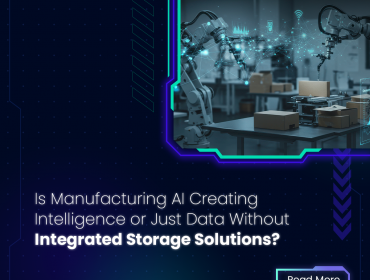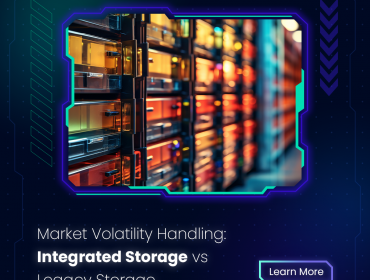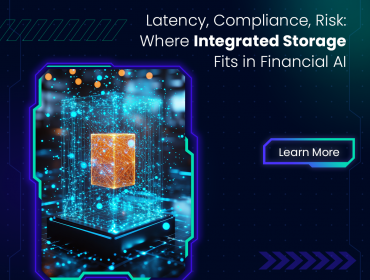In the fast-paced world of E-commerce, staying ahead of the competition and delivering exceptional customer experiences has become more crucial than ever. The integration of Artificial Intelligence (AI) infrastructure has revolutionized the way E-commerce businesses interact with customers, personalize experiences, and streamline operations. From virtual shopping assistants to predictive analytics, AI is reshaping the landscape of E-commerce, creating a more efficient and satisfying shopping journey.
Understanding the AI Revolution
Artificial Intelligence involves the development of systems that can perform tasks that typically require human intelligence. In E-commerce, this translates into utilizing AI algorithms to analyze customer behavior, preferences, and purchase history, generating insights that enable businesses to make informed decisions.
- Personalized Shopping Experience
One of the primary ways AI is enhancing E-commerce is through personalized shopping experiences. By analyzing data from various touchpoints, AI algorithms can predict customer preferences and suggest tailored products. Imagine a scenario where a customer visits an E-commerce platform, and the system instantly recommends products based on their previous searches and purchases. This level of personalization not only increases the likelihood of conversion but also creates a sense of individual attention.

2.1. Virtual Shopping Assistants
AI-driven virtual shopping assistants are becoming increasingly common in E-commerce. These assistants engage customers in real-time conversations, helping them find products, answer questions, and guide them through the purchase process. This not only enhances customer experience but also reduces the need for human intervention, thus optimizing resource allocation.
- Streamlining Inventory Management
AI-powered tools are transforming inventory management for E-commerce businesses. By analyzing historical sales data, AI algorithms can predict demand patterns, ensuring that businesses have the right products in stock at the right time. This minimizes the risk of stockouts and overstock situations, leading to improved customer satisfaction and optimized operational costs.
3.1. Demand Forecasting
AI’s predictive capabilities enable accurate demand forecasting, which is crucial for maintaining optimal inventory levels. Businesses can adjust their stock based on seasonal trends, promotions, and market fluctuations, ultimately reducing the carrying costs associated with excess inventory.
- Enhanced Customer Support
AI-driven chatbots are changing the way E-commerce platforms handle customer support. These chatbots are available 24/7, addressing customer queries and concerns promptly. Their ability to understand context and provide relevant solutions creates a seamless support experience, increasing customer trust and loyalty.
4.1. Natural Language Processing (NLP)
NLP technology empowers AI chatbots to comprehend and respond to human language naturally. This technology continually improves, allowing chatbots to understand nuances, idioms, and even emotional cues, making interactions feel more human-like.
- Predictive Analytics for Upselling and Cross-Selling
E-commerce platforms leverage AI’s predictive analytics capabilities to suggest complementary products, thereby boosting sales through upselling and cross-selling. When customers add items to their cart, AI algorithms analyze historical data to recommend related products, increasing the average order value.
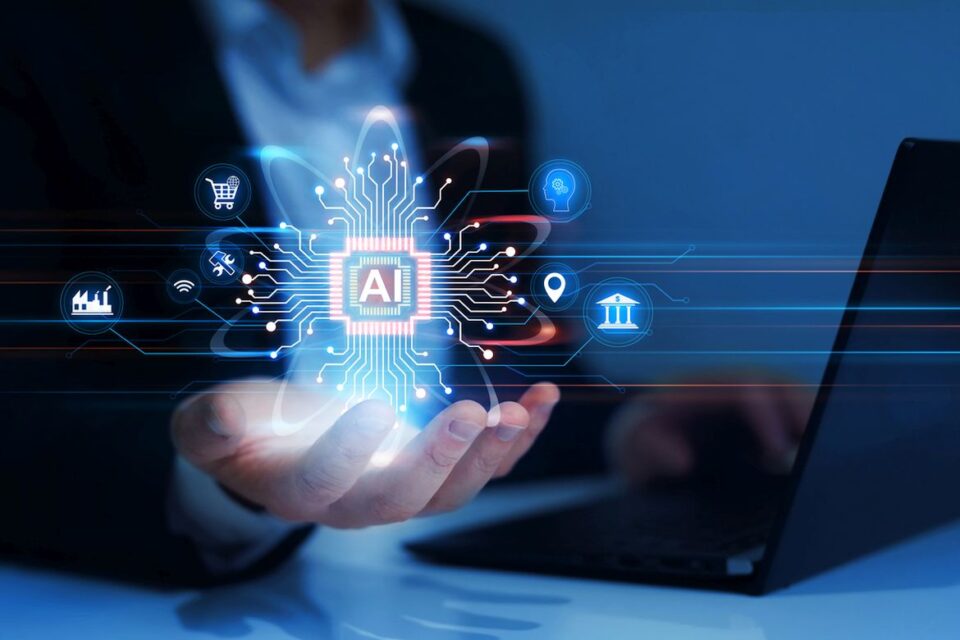
5.1. Behavioral Analysis
AI studies customer behavior and purchase history to identify patterns and correlations. This information helps E-commerce businesses tailor their product suggestions, increasing the chances of customers finding additional items of interest.
- Conclusion
The integration of AI infrastructure in E-commerce has undeniably revolutionized customer experiences. From personalized shopping journeys to efficient inventory management and AI-driven customer support, businesses are better equipped to meet the ever-evolving demands of today’s consumers. Embracing AI not only improves operational efficiency but also cements a strong competitive edge in a crowded marketplace.
FAQs (Frequently Asked Questions)
1. What exactly is AI infrastructure in E-commerce? AI infrastructure in E-commerce refers to the incorporation of Artificial Intelligence technologies into online retail operations to enhance customer experiences, streamline processes, and optimize decision-making.
2. How does AI enable personalized shopping experiences? AI analyzes customer data to understand preferences and behaviors, allowing E-commerce platforms to recommend tailored products and services, creating a more personalized shopping journey.
3. Can AI-driven chatbots truly replace human customer support? While AI-driven chatbots are highly efficient, they work best when complementing human agents. They handle routine queries and tasks, allowing human support agents to focus on more complex issues.
4. How does AI help with inventory management? AI uses predictive analytics to forecast demand patterns, ensuring businesses have the right amount of stock on hand. This minimizes the risk of stockouts and overstock situations.
5. Is AI implementation expensive for small E-commerce businesses? AI implementation costs can vary, but there are affordable AI solutions that cater to businesses of all sizes. The benefits of improved customer experiences and operational efficiency often outweigh the initial investment.




